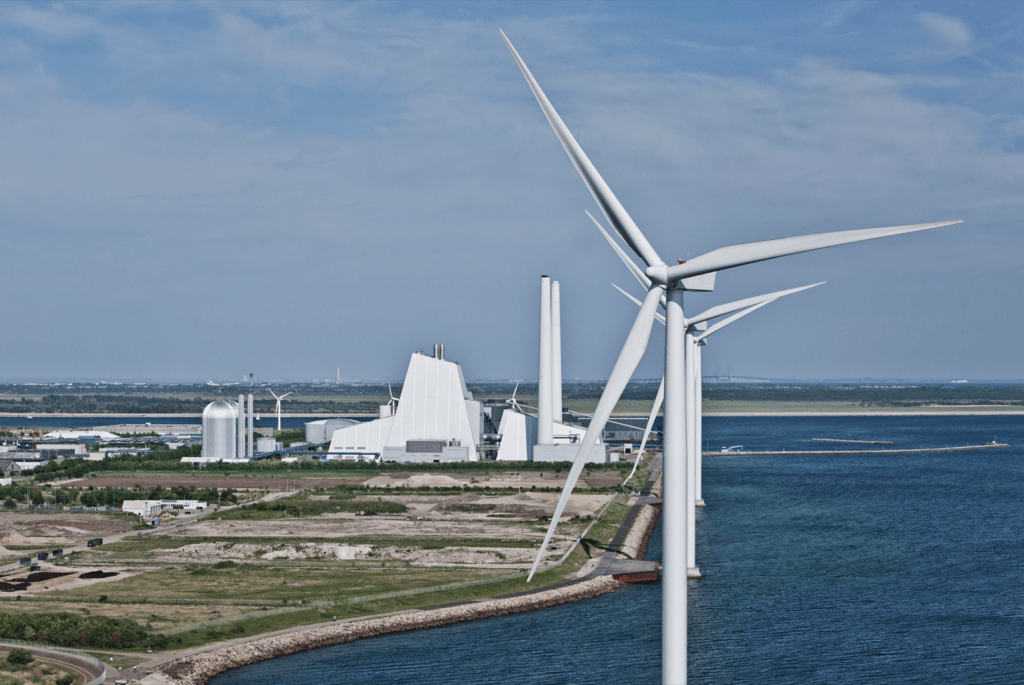Ørsted has agreed to sell an additional one million tonnes of carbon removal over a decade to Microsoft from the Avedøre Power Station, part of the bioenergy carbon capture and storage (BECCS) project known as the ‘Ørsted Kalundborg CO2 Hub’. This agreement enhances Microsoft’s existing commitment to purchase 2.67 million tonnes from Asnæs Power Station, bringing the total contracted CO2 removal to 3.67 million tonnes.
As a key element of the ‘Ørsted Kalundborg CO2 Hub’, Ørsted will implement carbon capture at the wood chip-fired Asnæs Power Station in Kalundborg, western Zealand, and the straw-fired boiler at Avedøre Power Station in the Greater Copenhagen area. The 430,000 tonnes of biogenic CO2 produced annually by these combined heat and power plants will be transported to a storage facility in the Norwegian sector of the North Sea for permanent storage. The hub is scheduled to be operational by early 2026.
Under the new agreement, Microsoft will acquire one million tonnes of carbon removal from the straw-fired unit at Avedøre Power Station starting in 2026. This combined heat and power plant converts locally sourced straw, an agricultural by-product, into electricity and district heating. By capturing biogenic carbon from biomass-fired plants and storing it underground, these projects can achieve negative emissions by removing CO2 from the atmosphere, as biogenic carbon from sustainable biomass is part of a natural cycle.
The partnership between Ørsted and Microsoft is crucial for the development of the ‘Ørsted Kalundborg CO2 Hub’, as bioenergy-based carbon capture and storage is still emerging. Despite receiving a subsidy from the Danish Energy Agency, the project’s financial plan included revenue from the sale of carbon removal certificates, emphasizing competitive offers with minimal subsidy per tonne.
The UN’s Intergovernmental Panel on Climate Change (IPCC) has highlighted the necessity of carbon removal technologies like BECCS to limit global warming. This underscores the significance of the ‘Ørsted Kalundborg CO2 Hub’, which aids companies like Microsoft in meeting their sustainability goals and contributes to global climate targets.
For Microsoft, this agreement is a significant step towards its goal of becoming carbon-negative by 2030.



